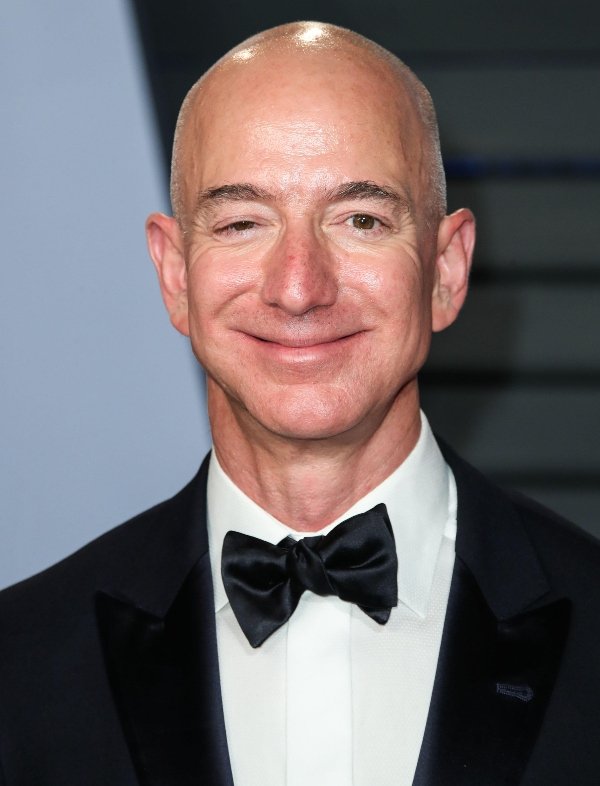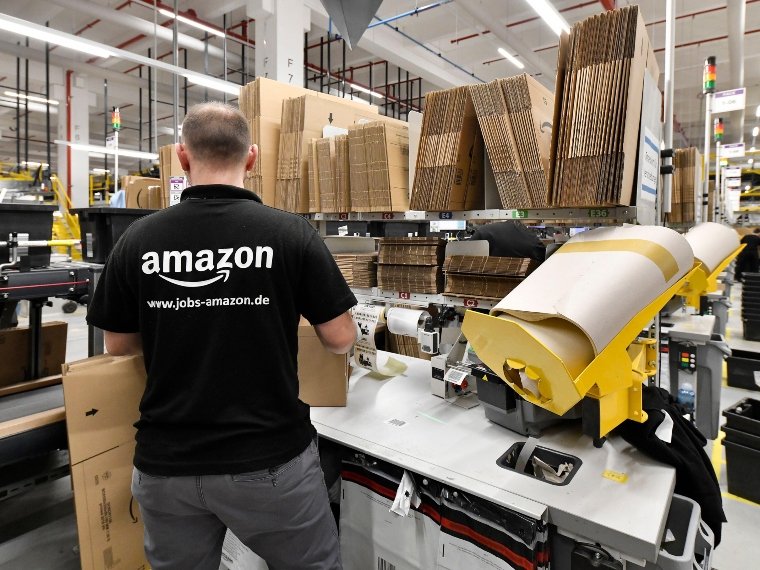
Jeff Bezos has officially retired as the CEO of Amazon.
The billionaire, 57, now has twice as much money as the entire British monarchy as he steps down from his role.
The overwhelming surge of orders placed on Amazon throughout the pandemic has resulted in Bezos' personal wealth increase by a staggering $75 billion in 2020, per Business Insider.
Bezos hasn't just chosen to retire on any random day either, as he picked the 27th anniversary of when he set up Amazon as an online bookstore in 1994, July 5, to be his final day as CEO.
He will begin his retirement in spectacular style by going into space later this month and has invited an 82-year-old woman who was denied astronaut training the opportunity to go with him.

The Amazon founder's net worth is now twice that of the British royal family, who had an estimated net worth of $88 billion in 2017.
To put his wealth into context, Insider reports that Bezos is worth 739,489 times the median of an American at the age of 65.
Andy Jassy, the current CEO of Amazon Web Services, will be stepping into Bezos' shoes as of today as CEO of the company, and while it has had good fortune in the past, all is not well at the online retailer.
Despite Bezos' immense personal wealth, it has been reported that some Amazon warehouse workers are having to live off food stamps.
According to new U.S. Government Accountability Office data, more than 4,000 Amazon workers across nine states were having to resort to the stamps to get by, despite being in employment.

Bloomberg reports that while the company does provide its warehouse employees with health insurance, there are few opportunities for professional development.
An Amazon spokesperson, however, hit back at the implications that their employees were being underpaid, telling Fox Business: "Hiring more, by paying less, simply does not work.
"Many of our employees join Amazon from other jobs in retail which tend to be predominantly part-time, reduced-benefit jobs with substantially less than our $15 minimum wage.
"These employees see a big increase in pay per hour, total take-home pay, and overall benefits versus their previous jobs."














